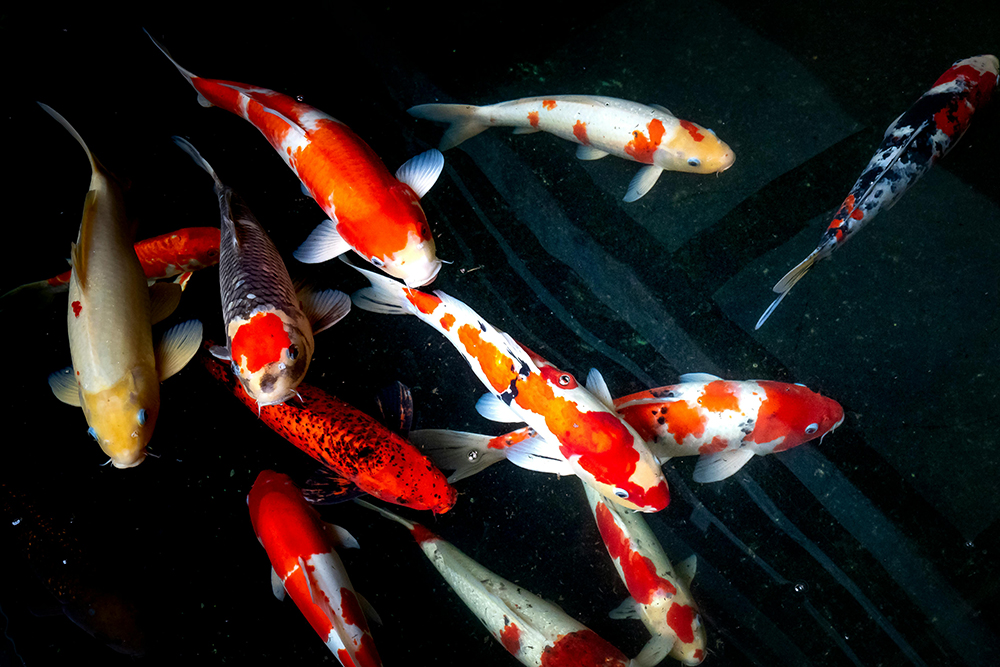 (Photo source: Pexels)
(Photo source: Pexels)
One day, the Buddha left the monastery to Rājagṛha to seek alms. On the way back to the monastery, he saw a group of children playing cheerfully by the lake. Suddenly, a child shouted excitedly, "I caught it! I caught it!" In his hand was a fish, wriggling and struggling. Other children quickly gathered around, scrambling to play with it. The fish had by now opened its mouth widely and its gills kept opening and closing, as if gasping for air, and looked very painful.
The Buddha approached them quickly. The children turned around and exclaimed in unison, "It's the Buddha!" With a gentle and kind tone, the Buddha said, "This fish is crying out - it hurts, it hurts! Do you know that?" The child who caught the fish heard what the Buddha said and hurried back to the lake and released the fish tenderly. As soon as the fish returned to the water, it swam away quickly.
The Buddha waved lovingly to the children, and they happily climbed up the shore and gathered around the Buddha. The Buddha touched the children's heads gently and said, "If something causes you pain or discomfort, remember not to inflict the same onto others, be they humans or animals. If you accidentally do something you should not do, understand that it will lead to suffering, so always strive to act with kindness and avoid doing harm!"
The children seemed to understand what the Buddha said, but they all understood the words "act with kindness and avoid doing harm". With simple words, the Buddha inspired the conscience within the children and returned them to their kind innate nature. This demonstrated not only the Buddha's compassion and wisdom, but also the power of his moral example.
Translated by Chu Tiong Yong
